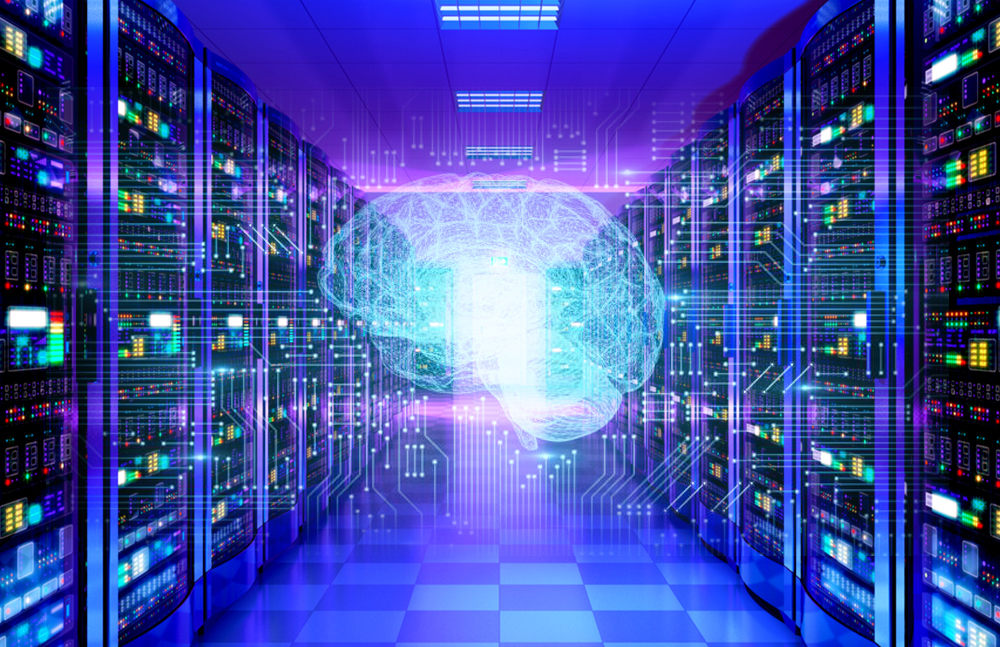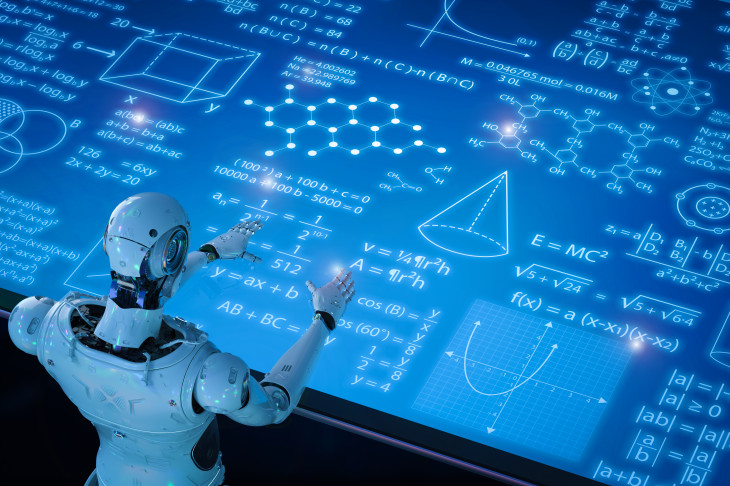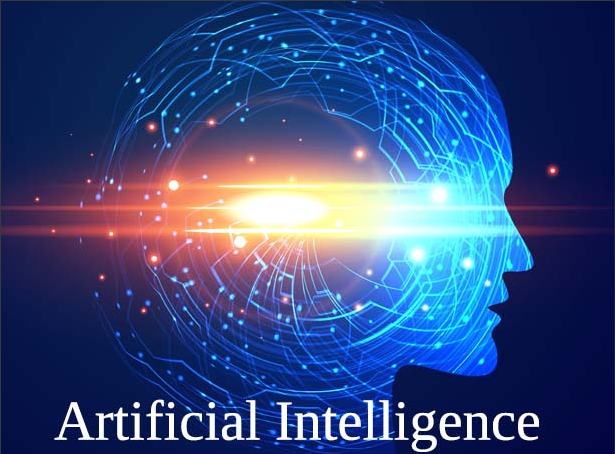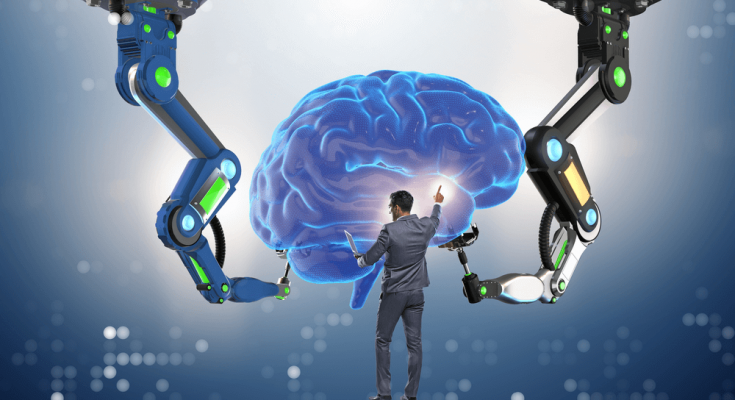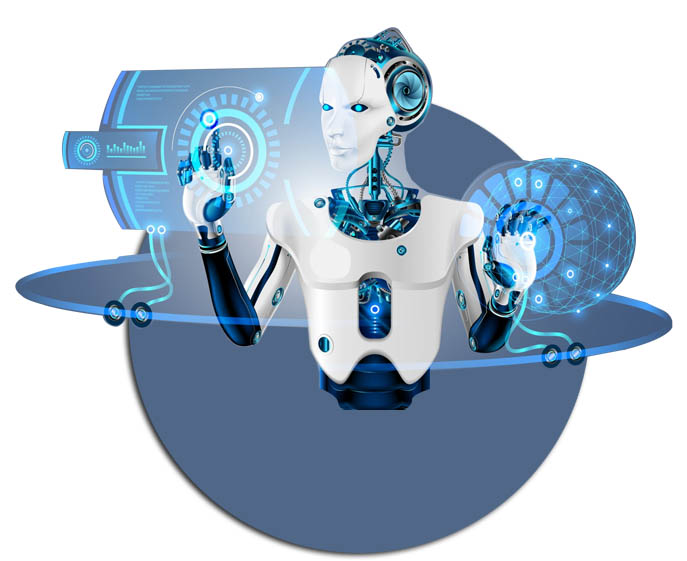Looking at all the improvement taking vicinity in machine learning technology, here presenting a listing of on-line guides on Machine Learning that I believe can be of incredible assist for the people who are aspiring to study and master Machine Learning technology. These complete publications have been designed thinking about all the enterprise requirements and help the students to successfully replace their skills and continue to be ahead in the competition. Let us now discuss about those courses
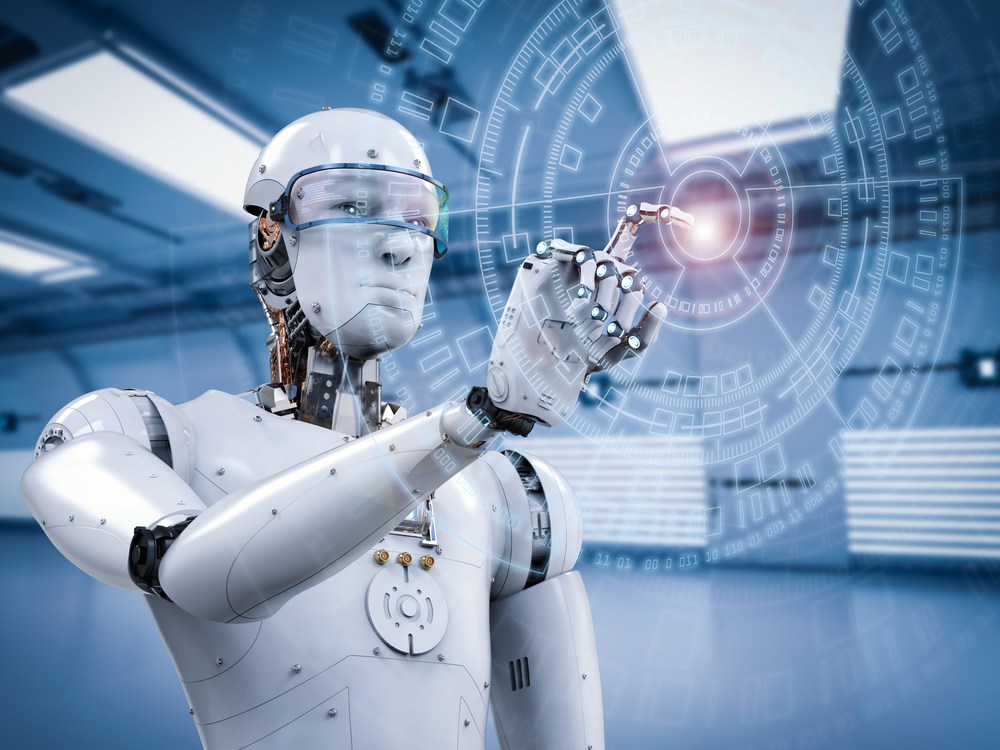
10 best online courses for Machine Learning [2020].
1. Machine Learning And Training Neural Network In MATLAB
Machine Learning is the up and upcoming branch of Artificial Intelligence and it holds great promises for the generations to come. In this course, we will talk about Machine Learning and Artificial Neural Networks and how you can implement a simple Machine Learning Model in MATLAB.
Who this course is for:
- Anyone who is interested in learning basic concepts of Machine Learning and Neural networks
- You will learn about Machine Learning and how you can train a simple Model in MATLAB on a simple Dataset. You will get to know some basics of MATLAB too and how you can write and run scripts in MATLAB. You will be able to import your own dataset and train it using different parameters to make some interactive prediction model
Course features:
- Duration of the course: 01 hour, 30 Minutes
- Number of Lectures: 6
- Language: English
- Course type: Self-paced, online
- Access on Android and iOS App: Yes.
You can sign up for this course here
2. Road Map To Artificial Intelligence And Machine Learning
This course is created for all the Artificial Intelligence Aspirants who have many queries in mind like
- What are prerequisites for learning AI?
- What is Road map to start Machine learning project(ML)
- How to choose the best programming language for AI ?
- How much Mathematical knowledge needed for AI ?
- Which is the best AI Engine/Tool/Framework for AI ? and so on..

Who this course is for:
- Artificial Intelligence Aspirants
- Machine Learning Aspirants
- Curiosity to know about Artificial Intelligence
- Basic Idea of Artificial Intelligence and Machine Learning
- Prerequisites or Road map to start Machine learning project(ML)
- How to choose the best programming language for AI ?
- How much Mathematical knowledge needed for AI ?
- Which is the best AI Engine/Tool/Framework for AI ?
- Why do we need to learn Algorithm?
- Types of Machine Learning Algorithms with Real time scenario examples
Course features:
- Duration of the course: 54 minutes
- Number of lectures: 7
- Language: English
- Course type: Self-paced, online
- Access on Android and iOS App: Yes.
You can sign up for this course here
3. Machine Learning Using Python : Learn Hands-On
The topics we will be covering in this course are: Python libraries for data manipulation and visualization such as numpy, matplotlib and pandas. Linear Algebra, Exploratory Data Analysis, Linear Regression, Various Classification techniques, Clustering, Dimensionality reduction and Artificial Neural Networks.

Who this course is for:
Students who are pursuing bachelor’s or master’s degree in Statistics, Mathematics, Computer Science, Economics or any engineering fields. The students should have a little bit of knowledge in coding and undergraduate level mathematics
- Linear Regression, SVR, Decision Tree Regression, Random Forest Regression
- Polynomial Regression
- Logistic Regression
- K-NN, SVM, Kernel SVM, Naive Bayes, Decision Tree Classification
- Random Forest Classification
- Clustering: K-Means, Hierarchical Clustering
- Data Visualization in Python with MatPlotLib and Seaborn
- Dimensionality Reduction: PCA, PCA sklearn
- Supervised Learning & Unsupervised Learning
- Support Vector Machine
- Curse of Dimensionality
- Neural Networks
Course features:
- Duration of the course: 07 hours, 07 minutes
- Number of Lectures: 48
- Language: English
- Course type: Self-paced, online
- Access on Android and iOS App: Yes.
You can sign up for this course here
4. DATA SCIENCE With MACHINE LEARNING And DATA ANALYTICS
The most comprehensive Data Science course in the market, covering the complete Data Science life cycle concepts from Data Collection, Data Extraction, Data Cleansing, Data Exploration, Data Transformation, Feature Engineering, Data Integration, Data Mining, building Prediction models, Data Visualization and deploying the solution to the customer. Skills and tools ranging from Statistical Analysis, Text Mining, Regression Modelling, Hypothesis Testing, Predictive Analytics, Machine Learning, Deep Learning, Neural Networks, Natural Language Processing, Predictive Modelling, R Studio, programming languages like R programming, Python are covered extensively as part of this Data Science training.
Who this course is for:
- All graduates are eligible to learn this course
- DATA SCIENCE with MACHINE LEARNING and DATA ANALYTICS using R, PYTHON, WEKA and SQL
- This course is designed for any graduates as well as Software Professionals who are willing to learn data science in simple and easy steps using R programming, Python programming, WEKA tool kit and SQL
Course features:
- Duration of the course: 72 hours, 23 minutes
- Number of lectures: 86
- Language: English
- Course type: Self-paced, online
- Access on Android and iOS App: Yes.
You can sign up for this course here
5. Machine Learning Adv: Support Vector Machines (SVM) In R
Are you looking for a complete Support Vector Machines course that teaches you everything you need to create Support Vector Machines in R? Then, this is the ideal course for you. This course will teach you some of the advanced techniques of Machine Learning, which are Support Vector Machines. It covers all the steps that one could take while solving a business through Decision tree.
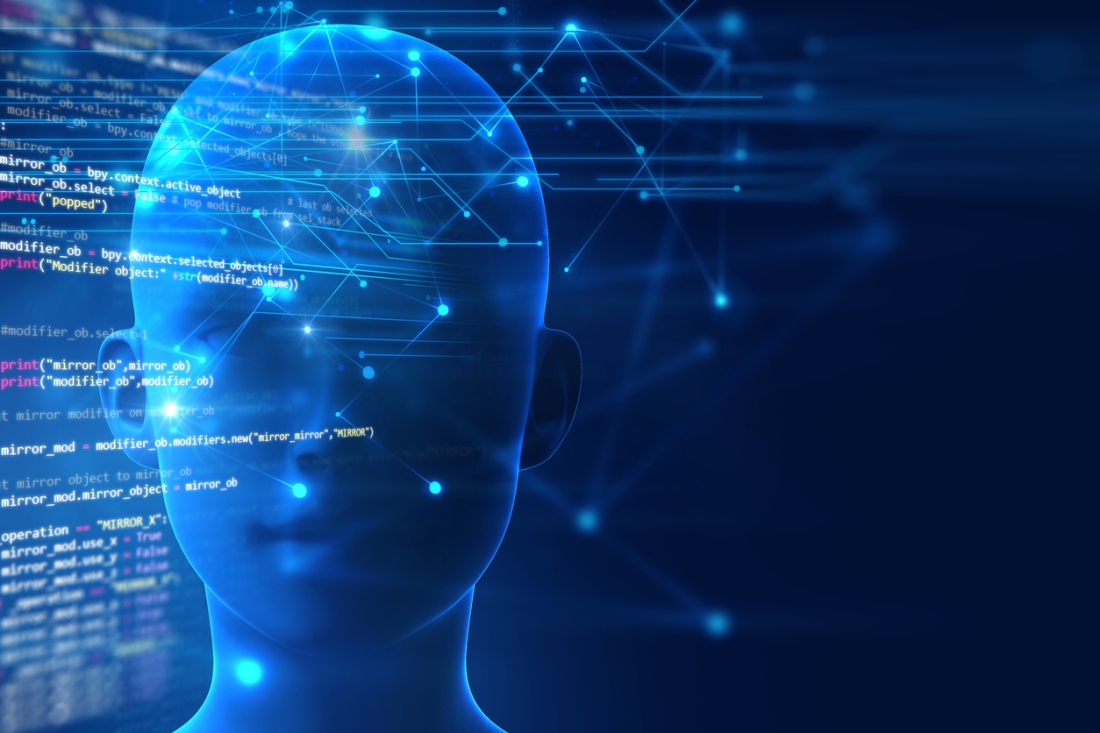
Who this course is for:
- People pursuing a career in data science
- Working Professionals beginning their Data journey
- Statisticians needing more practical experience
- Anyone curious to master SVM technique from Beginner to Advanced in short span of time
- Get a solid understanding of Support Vector Machines
- Understand the business scenarios where Support Vector Machines is applicable
- Tune a machine learning model’s hyperparameters and evaluate its performance.
- Use Support Vector Machines to make predictions
Course features:
- Duration of the course: 03 hours, 04 minutes
- Number of lectures: 26
- Language: English
- Course type: Self-paced, online
- Access on Android and iOS App: Yes.
You can sign up for this course here
6. Amazon Alexa 101: Publishing Alexa Skills Without Coding
This is the perfect time to learn Alexa Skill Development. Soon there will be lot of demand for Alexa Skill Developers, as many companies wants to add Alexa voice control to their products and services.This Alexa Skill tutorial teaches required skills to become Alexa Skill Developer without having to code. This course covers almost all features of Alexa Skills with real-world example skills (including a published skill).After completing this course, you should be able to build any Alexa skill.
Who this course is for:
Those who want to learn Alexa Skills Development WITHOUT coding
- Publishing Alexa Skills in Amazon US and other countries
- Create your own custom skills for Amazon Echo devices
- 100% Satisfaction: This course has a 30 days money-back guarantee
- Learn how to create a basic conversation between Amazon Alexa and a user
- Creating Trivia quizzes
- Creating a flash briefing skill
- Exporting Sounds from dropbox and audio players
- Creating and Storing user input in variables
- JSON API integration using google spreadsheets
- Using live tweets from twitter and integrating it with Alexa
- Getting Real Time User Feedback from AirTable
- Monetise from alexa skills and earn profits
- After finishing this course, you should gain full mastery of creating and publishing Amazon Alexa Skills without coding
- 5 Publishing Secrets for Top Alexa Skills And Tips For Getting Featured
- Monitoring and Data analysis for your Alexa App
Course features:
- Duration of the course: 02 hours, 07 minutes
- Number of lectures: 15
- Language: English
- Course type: Self-paced, online
- Access on Android and iOS App: Yes.
You can sign up for this course here
7. Machine Learning Using R And Python
Through this course, you will learn to solve data-driven problems and implement your solutions using the powerful yet simple programming language like R and Python and its packages. After completing this course, you will gain a broad picture of the machine learning environment and the best practices for machine learning techniques
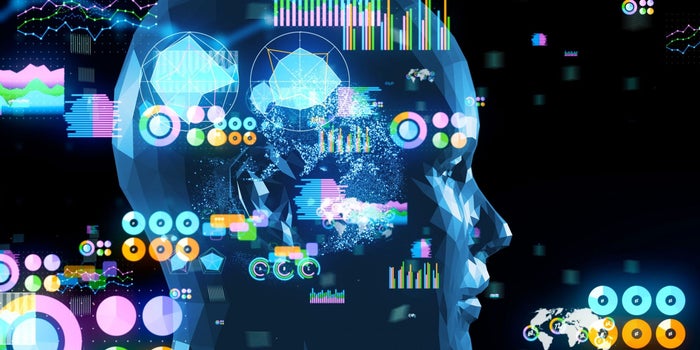
Who this course is for:
All graduates or pursuing students.This course has been prepared for professionals aspiring to learn the basics of R and Python and develop applications involving machine learning techniques such as recommendation, classification, regression and clustering.
- This course has been prepared for professionals aspiring to learn the basics of R and Python to develop applications involving machine learning techniques such as recommendation, classification, and clustering. Through this course, you will learn to solve data-driven problems and implement your solutions using the powerful yet simple programming language R and Python with its packages. After completing this course, you will gain a broad picture of the machine learning environment and the best practices for machine learning techniques.
Course features:
- Duration of the course: 69 hours, 42 minutes
- Number of lectures: 83
- Language: English
- Course type: Self-paced, online
- Access on Android and iOS App: Yes.
You can sign up for this course here
8. Machine Learning And Data Science Using Python For Beginners
Artificial Intelligence, Machine Learning, and Deep Learning are among the most discussed terms of the present IT industry. This course focuses on teaching mainly Machine Learning and Data Science concepts to beginners using Python programming language with libraries such as Scikit-learn, SciPy, Matplotlib & Pandas.
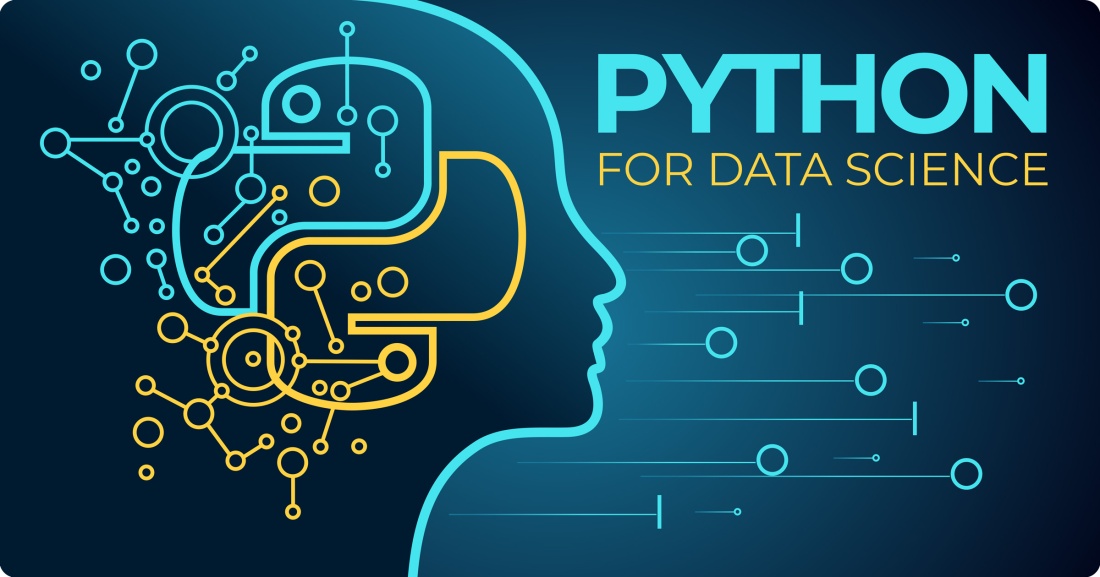
Who is this course for:
Anyone who wants to learn Machine Learning and Data Science using Python programming language can opt for this course. This course is of great use to beginners who want to learn these technologies.
- Machine Learning and Data Science for programming beginners using python with scikit-learn, SciPy, Matplotlib & Pandas.
Course features:
- Duration of the course: 10 hours, 19 minutes
- Number of lectures: 90
- Language: English
- Course type: Self-paced, online
- Access on Android and iOS App: Yes.
You can sign up for this course here
9.Learn Artificial Intelligence For Beginners
In this course you learn about the fundamentals concepts of the field of Artificial Intelligence. This course is designed specifically for beginners where we will take you step by step through our intuitive curriculum. Please have a look through the concepts and work your way through the quizzes.
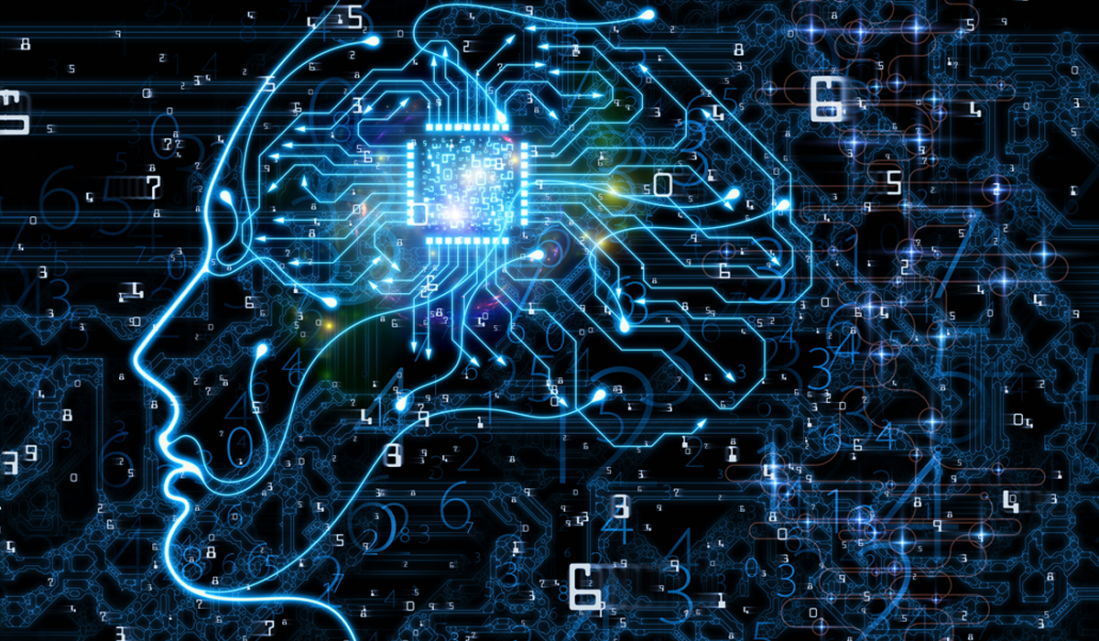
Who this course is for:
- Anyone who is a beginner at AI
- Anyone who wants to learn about Artificial Intelligence
- Anyone who wants to start a business with Artificial Intelligence
- Anyone who wants to know about the AI industry
- Students, Scientist, Engineers
- Definition of Artificial Intelligence
- Application of Artificial Intelligence
- History of Artificial Intelligence
- Definition of Machine Learning
- Types of Machine Learning
- Industry Situation and Opportunities
- What are Expert Systems?
- What is Computer Vision?
- What is Fuzzy Logic System?
Course features:
- Duration of the course: 01 hour, 08 minutes
- Number of lectures: 21
- Language: English.
- Course type: Self-paced, online
- Access on Android and iOS App: Yes.
You can sing up for this course here
10. Practical Deep Learning: Image Search Engine
Artificial intelligence is one of the fastest growing fields of computer science today and the demand for excellent AI Engineers is increasing day in and day out. This course will help you stay competitive in the AI job market by teaching you how to create a Deep Learning End-to-End product on your own.
Who is this course for?
As you can see the course is meant to teach you how to create your own Deep Learning product from scratch.
- What are Image-to-Image Search engines
- How to build your AI based Image-to-Image Search engine
- How to create simple web based interface for your Deep learning models using the Python framework Flask
- Coding a Convolutional Neural Network (CNN) from scratch in Tensorflow 1.10.0
- Using the Python framework Flask to serve a Deep Learning model in production
- How to create an End-to-End pipeline for any Deep Learning model using Tensorflow
- How to create a Flask application from scratch
Course features:
- Duration of the course: 01 hour, 33 minutes
- Number of lectures: 25
- Language: English
- Course type: Self-paced, online
- Access on Android and iOS App: Yes.
You can sign up for this course here
I believe that here I have given the best collection of online courses on Machine Learning to my readers. The primary purpose of this blog is to help people find all the best courses on Machine Learning under one umbrella. I hope this blog has been successful in achieving its goal.
























